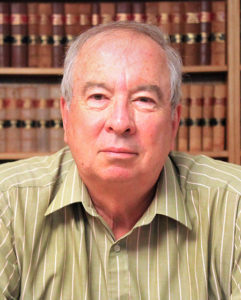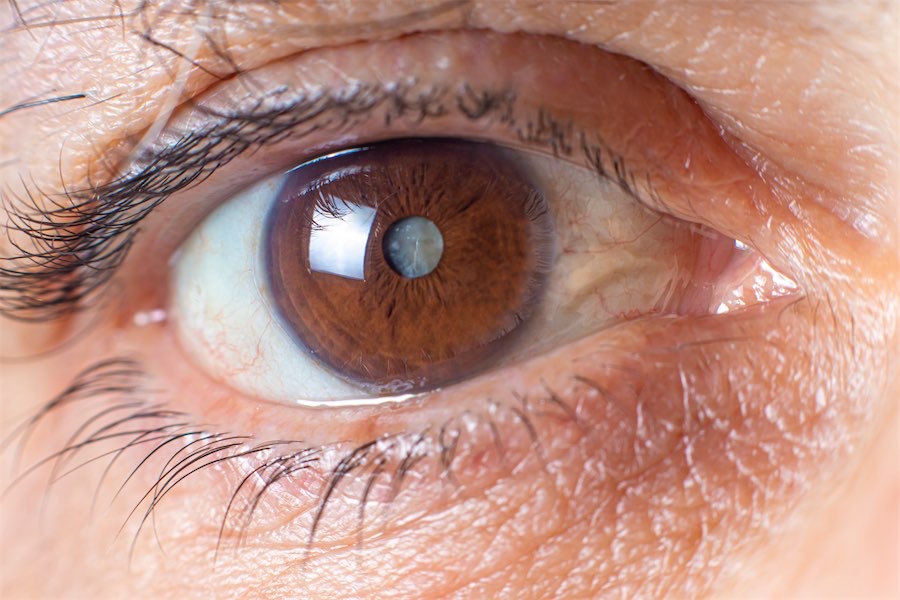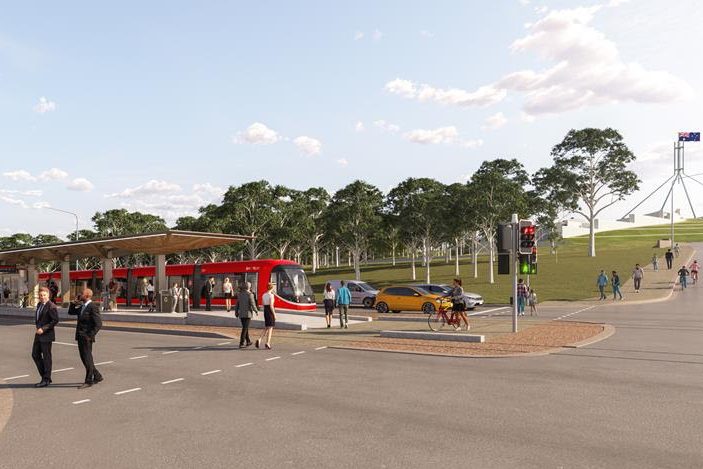CLIVE WILLIAMS sees a lot of upside in the downside of self-isolation. He says it’s rather like being retired without feeling obliged to have your time taken up volunteering for good causes.
RATHER than complaining about the restrictions of COVID-19 and counting the number of times politicians say “unprecedented”, we should be embracing some of the more positive aspects.

The main one is having more time to do things at home. In fact, self-isolation is rather like being retired without feeling obliged to have your time taken up volunteering for good causes.
Most of us have home projects we have been putting off for years. Judging by the number of vehicles in Bunnings’ Fyshwick car park that seems to be most of us. Now’s the time to oil the deck, paint things that aren’t moving, repair items that are broken, and generally do what the army used to call “make and mend”.
Toilet roll and sanitiser skirmishes excepted, we do generally seem to be more considerate of others. This is also true of our banks’ and supermarkets’ benign attitude to their staff and customers – or in American marketing terminology their “team members” and “guests”.
Surprisingly, even our politicians have become more collegial in their approach to problem-solving. Instead of the petty point-scoring they normally engage in, they’re listening to expert advice and planning ahead. Whether this will hold true for climate change policy remains to be seen.
Those who are lucky enough to have gardens now have the opportunity to nurture them, encourage bees, birds and insects and – if COVID-19 restrictions last long enough – even to grow their own veggies.
As Dorothy Frances Gurney wrote in 1913:
The kiss of the sun for pardon,
The song of the birds for mirth,
One is nearer God’s heart in a garden,
Than anywhere else on earth.”
The occasional egg shortages could result in more backyard chickens, with the jarring construction noise of Canberra suburban infill replaced by the gentle clucking of hens.

Then there is the money saved on travel. I was due to go to Perth to represent a friend at a State Administrative Tribunal hearing, but hearings are now being conducted by phone-link – so I have saved return air fares, two days’ car hire, and two nights’ accommodation – effectively $1500 saved by not going anywhere.
It’s the view of American religious leaders that self-isolation provides more time for prayer at home. I’m not sure if that aspect of American culture transfers well to modern Australia, but clearly those who are spiritually minded can now benefit from engaging in yoga, navel contemplation and like pursuits.
Self-improvement online is another benefit. Those who have a high need for achievement can use this opportunity to make themselves more employable with enhanced qualifications. There may even be enough time to knock over a PhD before normal life resumes.
We also have time to learn a musical instrument and Mandarin Chinese before it’s compulsory.
Spending more time with one’s better half could be satisfying or challenging – but at least you get to know where you stand when the time comes for real retirement (I understand the divorce rate is quite high among retirees).
Another benefit of COVID-19 is that you don’t have to accept unwelcome hugs and kisses from tactile acquaintances; just a vaguely simulated elbow-wave suffices.
The environment will prosper from much reduced overseas and domestic air travel. There will be less demand for public transport which is good for the environment too. Stage 2 of the tram looks increasingly unviable.
The world has way too many humans at around eight billion, but the pandemic is unlikely to make much of a dent in global population growth; for each person that dies from COVID-19 there are 400 replacements.
Time to pull out the leisure books and hammock and get down to some seriously relaxing reading – or you can download electronic books if that’s your preference.
If we are lucky, the pandemic may even put the skids under rampant capitalism, unnecessary development, and unsustainable economic growth.
Outdoor exercise is still permissible – unless you want to swim or go to the beach, but you can still enjoy the latest TV series of “Bondi Rescue”. For some it’s an opportunity for walking, biking and just generally enjoying nature and our Canberra bush surroundings (the former Brits among us can enjoy it from the comfort of their cars with sandwiches and Thermos).
All in all, it’s a time to be positive and enjoy the new normal. You may regret not taking advantage of it before we get to the other side of the pandemic.
As the poet Robert Herrick noted in 1648:
Gather ye rosebuds while ye may,
Old Time is still a-flying,
And this same flower that smiles today,
Tomorrow will be dying.”
He wasn’t referring to death by pandemic, but about the need to enjoy oneself before the opportunity was lost.
I know there are lots of downsides to the present situation, but since we can’t do much about them – better to try to walk on the sunny side of the street.
Clive Williams is a visiting professor at the ANU’s Centre for Military and Security Law.
Who can be trusted?
In a world of spin and confusion, there’s never been a more important time to support independent journalism in Canberra.
If you trust our work online and want to enforce the power of independent voices, I invite you to make a small contribution.
Every dollar of support is invested back into our journalism to help keep citynews.com.au strong and free.
Thank you,
Ian Meikle, editor





Leave a Reply